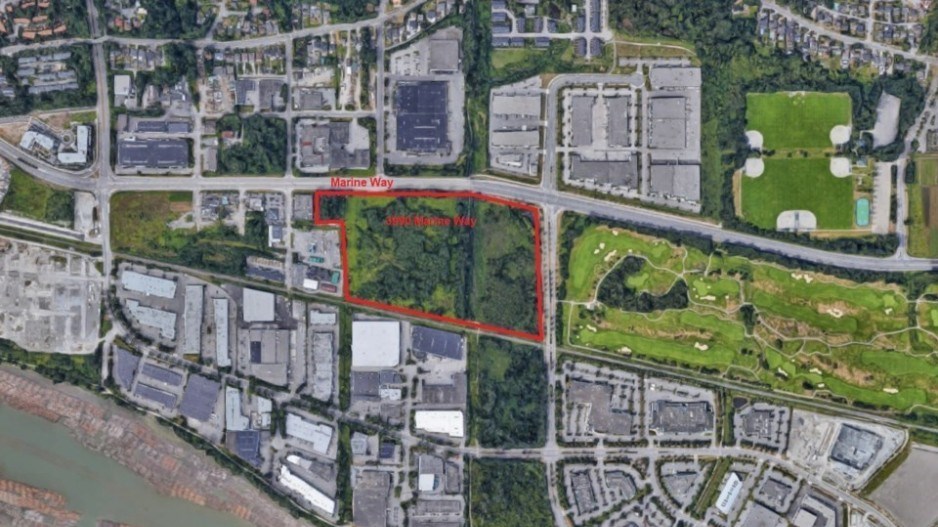The City of Burnaby is going to court to block the release of location information of hundreds of properties the municipality owns, claiming it will cause “economic, financial, and other harms” if released to a resident under the Freedom of Information and Protection of Privacy Act (FIPPA).
In a petition filed in BC Supreme Court on Nov. 1, the City of Burnaby seeks to quash an adjudicator’s decision ordering the release of previously redacted information in response to a FIPPA request by Burnaby resident David Hayre.
The petition names Hayre and the British Columbia Information and Privacy Commissioner as respondents and seeks to keep secret the street address and parcel identification information of about 421 properties owned by the city government. The city released information on more than 2,300 other properties.
Hayre had made a request under the FIPPA for a “list of all properties owned by the City of Burnaby and any properties it may own in the Province of B.C.” The city had originally provided Hayre with a list, but had redacted 10 pages, claiming the information would be harmful to the city’s “financial and economic interests.”
The redacted information, according to the petition, is related to properties that are part of the city’s acquisition plans for land assemblies. The municipality claims that disclosing the specific addresses would give property owners a leg up in negotiations and push prices above their fair market value. The City of Burnaby claims it owns a total of 2,735 properties while having an “exceptionally active land assembly and development program” as part of its strategy to implement its official community plan.
“Managing future growth to meet the needs of this ever-growing city is a challenge,” the petition states. “The plan seeks to lay out a path forward for managing that growth to meet its anticipated needs and creating a more complete and affordable place to live, work and invest.”
The City of Burnaby objects to disclosing specific property information on certain properties, claiming that property owners nearby targeted land assembly projects may jack up prices knowing the city wants to buy them and rezone the lands for high-density developments. Furthermore, it claims that disclosing such information will cause financial harm to the city and taxpayers if a hold-out property owner in a land assembly target becomes “aware of the city’s intentions.”
“There is social harm where property owners actively impede the city’s ability to complete land assembly projects to create higher density housing because the city cannot provide needed additional non-market rentals,” the petition states. “There is economic harm to the workforce because workers are not able to afford to live in the city without adequate or low-rental housing.”
Moreover, the city fears that property owners becoming aware of the city’s specific acquisition targets will lead to them possibly refusing to sell or “demanding prices far in excess of fair market value.”
“The city’s concerns are not speculative,” the petition states. “It has suffered economic and other harm in the past when property owners became aware that their properties had been identified for land assembly acquisition by the city.”
For example, the petition says, this scenario played out in 2018 when a property owner found out about the city’s plans for low-density housing in his neighbourhood. The unnamed property owner “demanded more than $1 million over the property’s market value of $3 million, indefinitely frustrating the city’s planned assembly and the city’s planned affordable housing project.”
The city argues the Information and Privacy Commissioner’s adjudicator, in ordering the information released, wrongfully relied on “speculative observations” about how property owners would respond to the city’s overtures. The City of Burnaby seeks to quash the adjudicator’s decision as “unreasonable.” The petition’s factual basis has not been tested in court, and both Hayre and the Privacy Commissioner had not responded to the petition by press time.
This article has been updated to clarify that, in response to the initial FIPPA request, the City of Burnaby released information on more than 2,300 municipality-owned properties, and redacted information related to 421 properties. The petition pertains to the release of information about those 421 properties.




